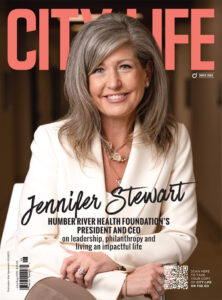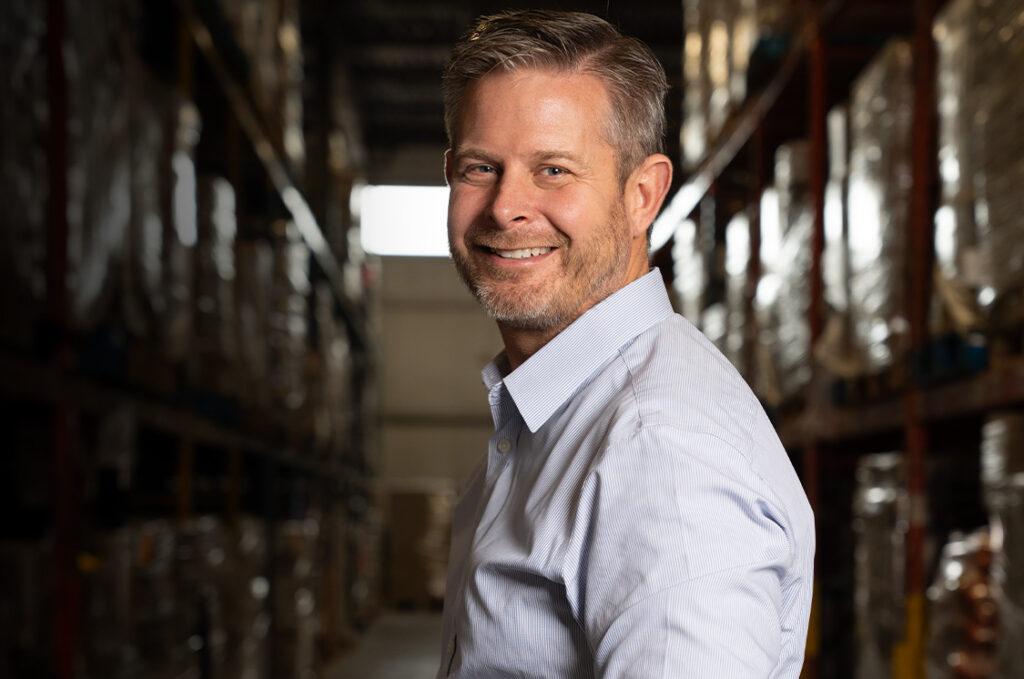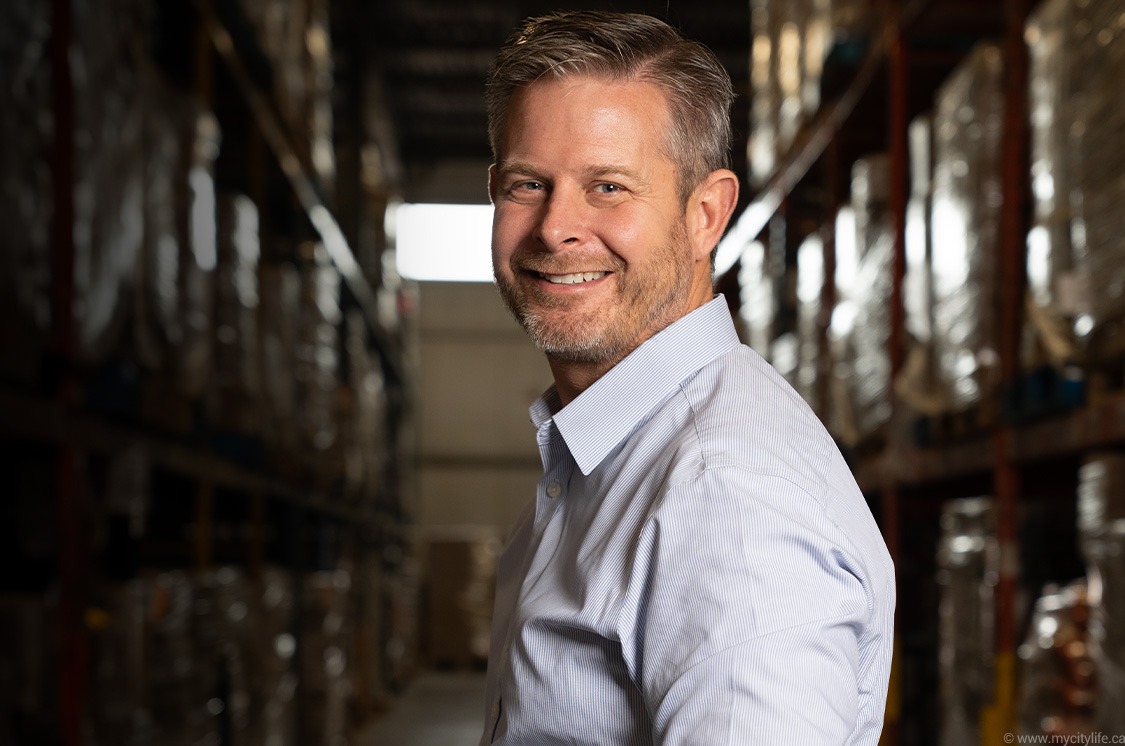Neil Hetherington – Toronto Daily Bread Food Bank: Food Security
Uniting Community Strengths for a Sustained Fight Against Hunger in the Heart of Toronto.
Toronto is one of the wealthiest cities in the developed world, accounting for 20 per cent of Canada’s Gross Domestic Product and fully 50 per cent of Ontario’s GDP. Yet, beyond the gleaming metropolis and its soaring condominium towers, the glitz, glam and wealth of Bloor Street and the shops and boutiques of Yorkville, people visit food banks two million times every year in the city.
Let’s repeat that.
Two MILLION visits to a Toronto food bank every year — roughly the population of Saskatchewan and Nova Scotia combined. Food insecurity has become one of our society’s biggest challenges.
“When you think about the Daily Bread Food Bank, you have to think about two things,” says Neil Hetherington, CEO of the Toronto charity in a recent interview with City Life. ”First, that every day we have to ensure the city gets fed. Every day there are literally tens of thousands of pounds of food going out to the community because of the growing need we have due to food insecurity. The second thing is how we are amplifying the need in the city, so that policymakers are changing the policies so that hopefully, one day, means there are fewer people in lines for food banks. So we are advocating very hard.”
The statistics testify to the need for that urgent advocacy at the city, provincial and federal levels. In 2022, Statistics Canada released data that showed that one in five Canadians expected to use a community food program in the next six months if food prices kept rising. The same year, Food Banks Canada released a startling statistic showing that 23 per cent of Canadians reported “eating less than they should” due to rising inflation.
The supply-chain shortages exposed by the pandemic and global conflicts all play a role in the growing food insecurity. When Russia blockades Black Sea ports, stopping grain shipments from the world’s breadbasket, Ukraine, that’s not some distant problem “somewhere over there” — it impacts the supply and cost of bread at a local Canadian grocery store.
The Toronto Daily Bread Food Bank has an unfortunate front-row seat to the alarming rise in food insecurity. Pre-pandemic, it accommodated approximately 60,000 client visits per month. Today, that number is more than 275,000. Its volunteers and staff across the city have become heroes by rising to the challenge, now sending out more that 165,000 pounds of food than 165,000 pounds of food each day in contrast to 35,000 pounds of food per day pre-pandemic, and they ensure that every client who visits a food bank is supplied with three days of food every week.
Hetherington points to poverty as the root cause of hunger. He identifies the three main drivers of poverty as the lack of affordable housing, disability- income irregularities and precarious employment. “People who work in the gig economy are balancing many things, perhaps multiple jobs, and they may have to choose between food and prescription medication for their children. It’s been said that food insecurity is not a food issue, it’s an income issue,” he says. “The demographics of people coming to food banks are changing. These are people with jobs. They went to school, they did everything they were supposed to do – they worked hard, yet they still can’t make ends meet. There is something fundamentally wrong with that.”
“The Daily Bread Food Bank is going to be here for you. We’re going to walk alongside you in that journey, and together we are going to change the systems that are causing this to happen.”
There are also millions of tons of food being wasted every year across the country, so efforts are underway to recover as much of that as possible. Each year Canadians waste an astonishing 2.2 million tons of food — simply throw it out. Of that enormous amount, 13 per cent of that waste results from leftovers. A new initiative that partners the Circular Innovation Council, SkipTheDishes and three of Canada’s top chefs is trying to help Canadians reimagine their takeout leftovers.
The chefs, Victor Barry from Toronto’s Piano Piano, Amit Bangar from Calcutta Cricket Club in Calgary and Jamie Cholack from Tacofino in Vancouver, were enlisted to create innovative and delicious recipes that Canadians can make from home, using leftovers from their restaurants’ most popular dishes, to easily combat food waste. Throw in a few fresh ingredients to those leftovers and voilà — a new dish is born!
For example, Jamie Cholack took Tacofino’s beloved salsa verde and reimagined it as delectable chilaquiles. “Throwing out that avocado or throwing out that chicken is not sustainable,” Cholack recently told City Life. “It’s all about building routines for yourself in how you can help and being more aware about what you are doing.”
“Toronto is an extraordinary city but it is also a tale of two cities, the haves and the have nots,” says Hetherington. “What we say to those most vulnerable, ‘The Daily Bread Food Bank is going to be here for you. We’re going to walk alongside you in that journey, and together we are going to change the systems that are causing this to happen.’”
“Give us this day our daily bread” has never been more important than right now.
www.dailybread.ca
@DailyBreadTO
INTERVIEW BY MARC CASTALDO

















































































